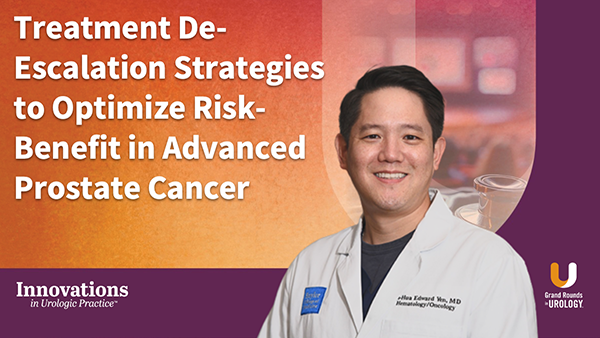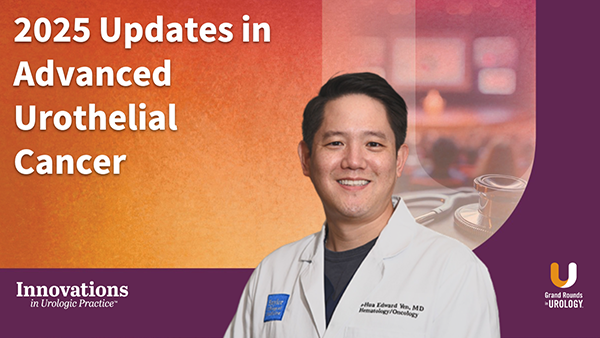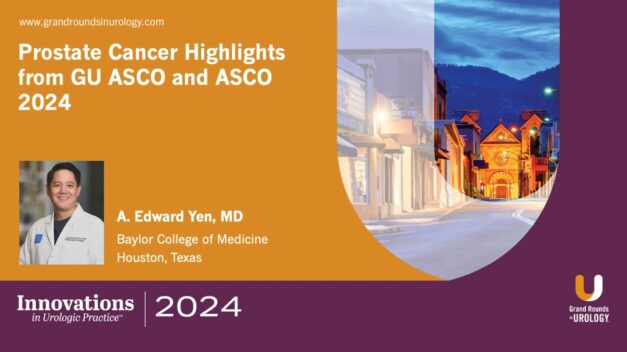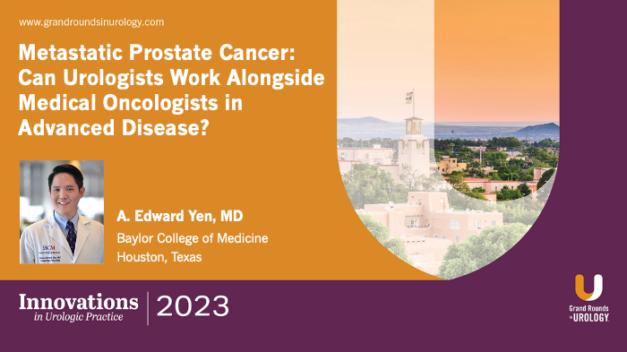Treatment De-Escalation: Strategies to Optimize Risk/Benefit in Advanced Prostate Cancer
Dr. A. Edward Yen explores treatment de-escalation in advanced prostate cancer, emphasizing biomarkers, intermittent therapy, and strategies to reduce toxicity.
Read More



